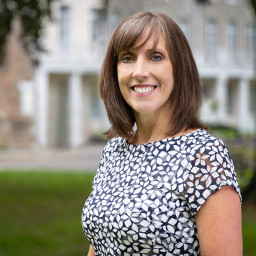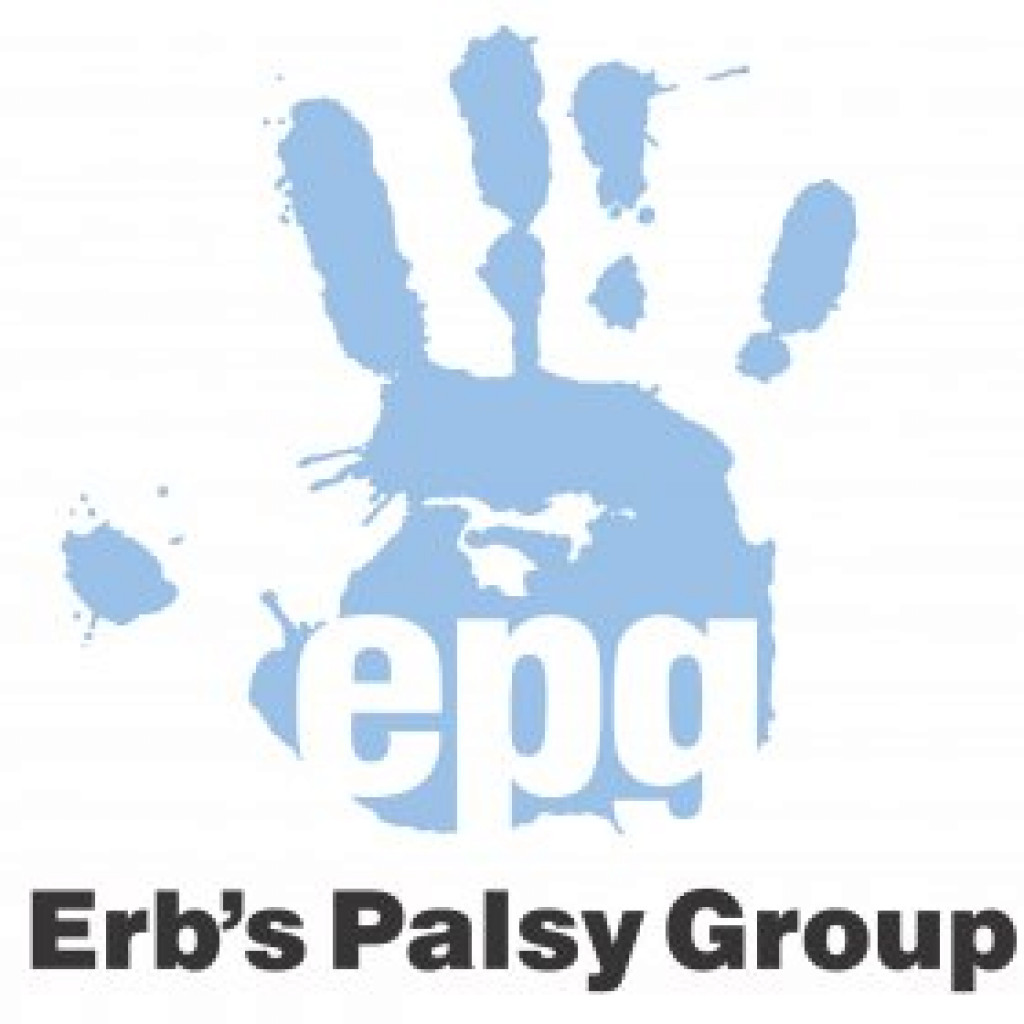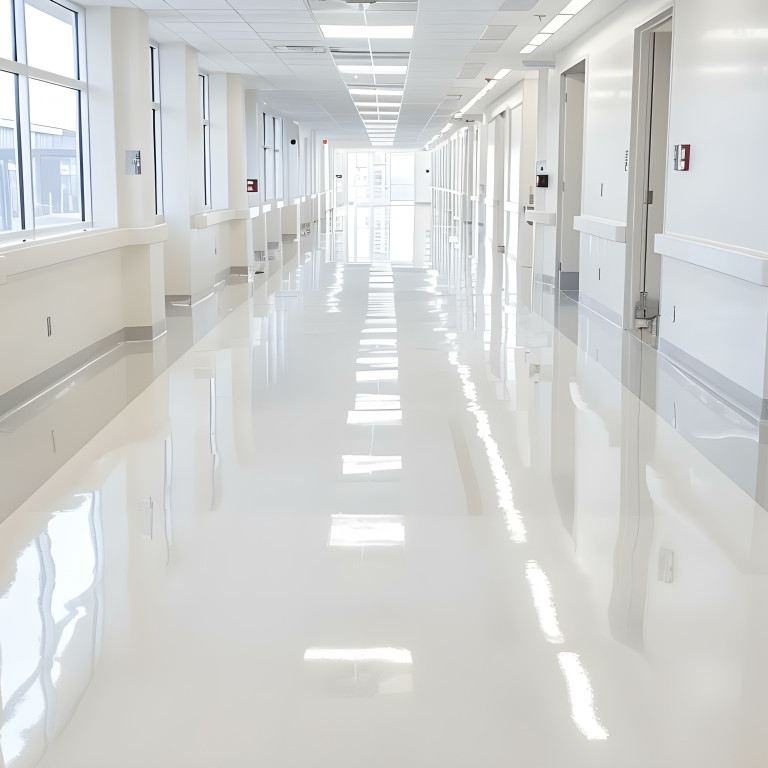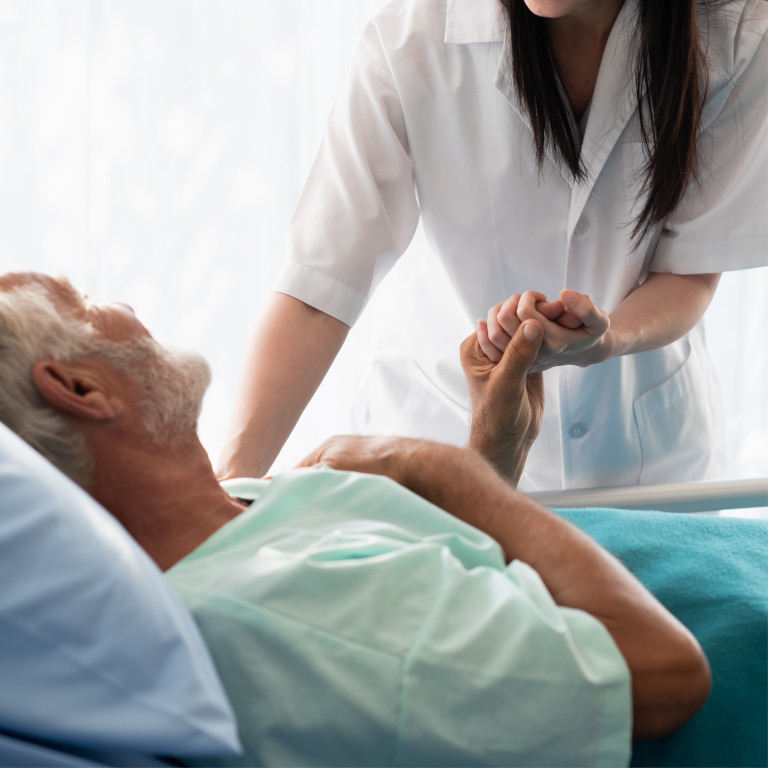We meet with the incredible Karen Hillyer, chair of the Erb's Palsy Group, for an engaging talk about her role and achievements as part of the Erb’s Palsy Group, advice for parents, and how Erb's Palsy Awareness Week could help achieve great results for the charity and those affected by the condition.
How did you become chair of the Erb’s Palsy Group?
I became Chair after the founder of the Charity Debbie Clark decided to take a step back from frontline duties after a very successful 12-year run setting up the Charity.
I was very keen to continue to build on the excellent foundation that the founding families had created. Before becoming involved in the Charity I had never undertaken any voluntary work but had worked in a range of customer-facing roles, the last of which was in a Print Shop advising customers on projecting smart, professional corporate images, which was a benefit when developing the first range of printed materials for the Charity.
What is the first piece of advice you give a parent when they first contact you about their child with Erb’s Palsy?
I try and reassure a parent that despite the injury their child has suffered, with good treatment from Professionals and a lot of dedication from them, their child is unlikely to be left with an arm that doesn’t have any use or function. I think it is very important to try to offer them this reassurance from the first conversation, their questions are inevitably about how they can help their child achieve the best possible outcome. I then signpost them to the Centres of Excellence that offer Treatment. With very new babies there is quite a short time frame for parents to understand a lot of complex information surrounding the early treatment of the injury and for them to access referral and treatment at an appropriate centre.
What is the single biggest achievement of the Erb’s Palsy Group that you are most proud of?
I am immensely proud of the work the Trustees and Families have undertaken in raising awareness of this little-known condition. In 1991 when the organisation was started by a small group of individuals, there was nowhere for families to access accurate information about the injury and no way for them to speak to each other. From those early days when 12 families managed to find each other we now have a membership of close to 3000 families. With the internet and social media, it’s now easier for people to find us and for us to support them. Our lively Facebook group is a testament to the power of Peer Support and information sharing – the very best that Social Media has achieved.
However, I believe the biggest achievement of the the Charity is the partnership between the Organisation and Medical Professionals. We have developed an accredited Training Programme for Midwives, endorsed by the Royal College of Midwives, and the Charity is regularly asked to participate in a range of Clinical Trials around Childbirth and living with an Obstetric Brachial Plexus Injury. Our range of information and fact sheets are requested in a wide range of Clinical Settings. This endorsement of the work the Charity has undertaken over the years is something the founding members could only have dreamed of.
What would you still like to achieve?
There is much still to achieve. On a personal level, it still pains me that parents regularly make contact having been sent home from the hospital with a newborn baby, and with no useful or even accurate information about the condition. I would also like the Charity to develop a programme for our younger members surrounding the issue of self-esteem and their mental health. Over the past 10 years or so, it has become clear that there is much work to be done in encouraging young people to accept their disability and to enable them to discuss their worries and issues in a supportive environment.
What is it that you most want to raise awareness about this week?
The awareness week is always a delight and a disappointment for me, delight because our Members and their families are so proud and happy to undertake a wide range of activities to let people know about our Organisation and how we can support each other, and a disappointment because without fail, families and people who have never heard of the organisation are “found” and make their first contact, and the stories of isolation and bewilderment are painful for me to listen to. It saddens me that people have been struggling on their own with little or no support.





